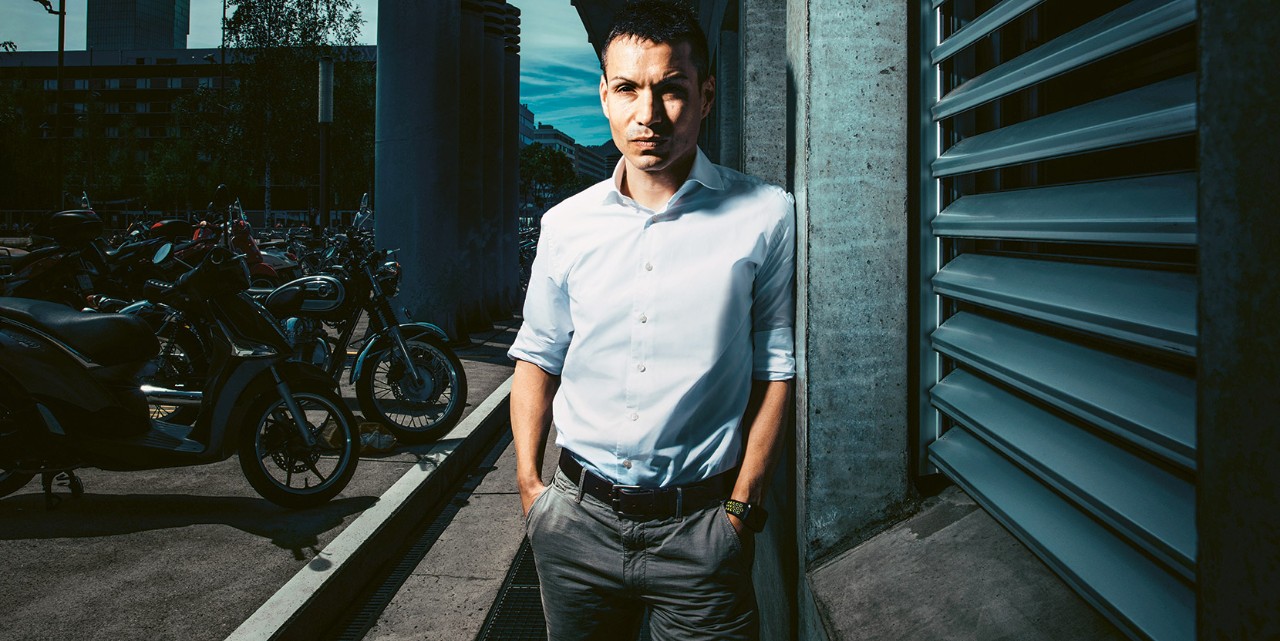Is there really a serial killer gene?
What determines whether a person makes a go of their life or goes off the rails? Extreme cases can provide some answers.

Mr Endrass, you work in the field of forensicpsychology. What does your job involve exactly?
Forensic psychologists work with violent and sexual offenders to minimise the risk that they pose. We also plan interventions to reduce the risk of a relapse . These investigations are complex and the therapies lengthy. They are used mostly for people who pose a high risk.
Are there cases where you say “what that person didwas unavoidable?”
Some people can be identified as a very high risk based on their personality. This could be psychotic patients, for example, who hear voices. If they also have a history of violence, then serious trouble is virtually preprogrammed. Then there are others who have psychosis, plus a severe form of personality disorder called psychopathy. Most people with these pronounced risk characteristics go on to commit crimes. However, not all murderers are mentally ill, and the vast majority of mentally ill people are never violent. We have to avoid stigmatisation.
You mentioned previous history: how does a person’s environment affect their actions? Could anyone of us become a murderer if unfortunate circumstances collide?
It often involves a combination of biology and external factors. If people with such a vulnerability grow up in a supportive environment, they are less likely to become violent. And vice versa: Growing up in a difficult environment but with no psychological predisposition, the likelihood of becoming violent is also only slightly increased. However, a problematic environment combined with a specific vulnerability creates the perfect storm. The murder rate in Switzerland is very low. If someone commits murder here, then a lot has gone wrong.
What are the typical personality traits that can lead to a perfect storm?
An antisocial personality, i.e. someone who is very impulsive and displays a lack of empathy, plays a key role here. Many of the offenders believe that rules and laws don’t apply to them. A lot of studies have been conducted on this group, with the results indicating that there is a significant biological component that is probably innate. But that’s not the only explanation.
Where do you start with therapy in these cases?
People who become violent follow specific patterns. To varying degrees, most feel they have to justify their actions. We often see this with sex offenders, for example, who come up with theories to justify their actions long before they commit any crime. We all do it to some extent, for example when we try to justify an expensive purchase. But it’s all about how far it veers from the norm. You need greater justification to request a five-year sabbatical compared to a five-week vacation. And violent/sexual offenders work much harder on justifying what they do. So, one way good way of starting the therapy is often to show them the theoretical constructs that they have created to justify their actions.


